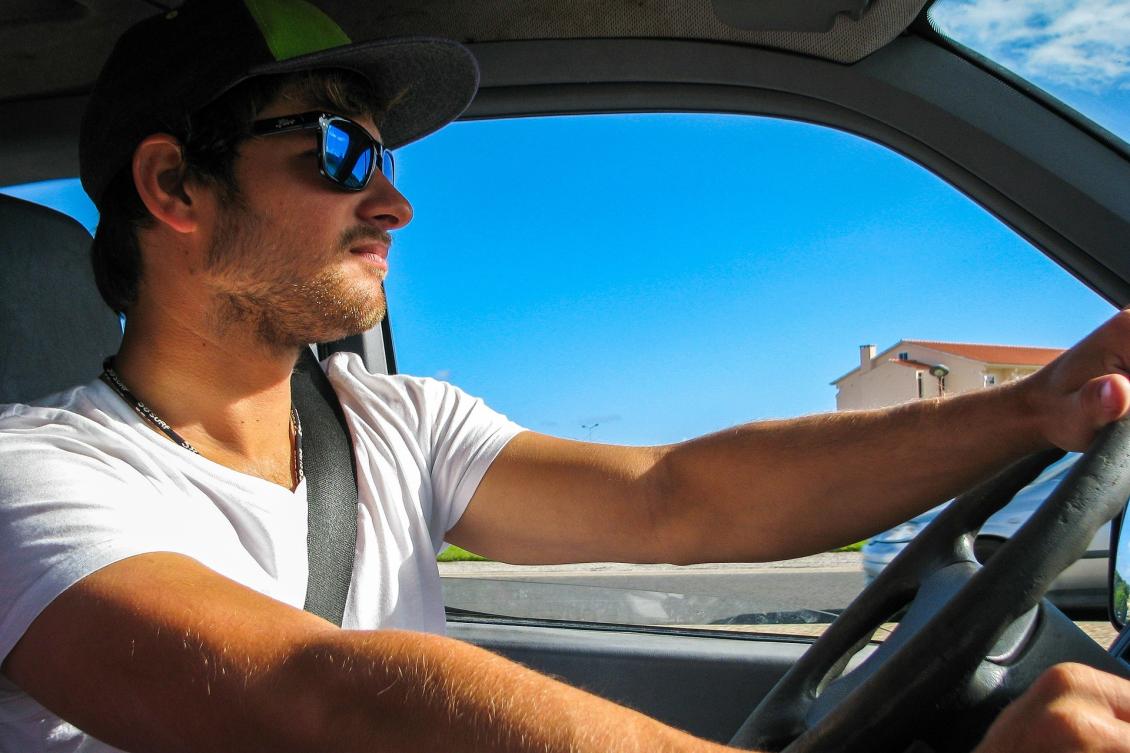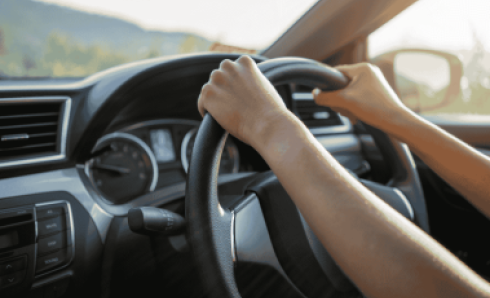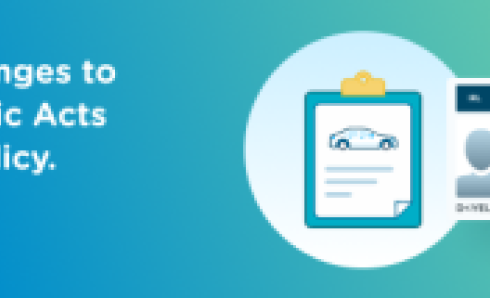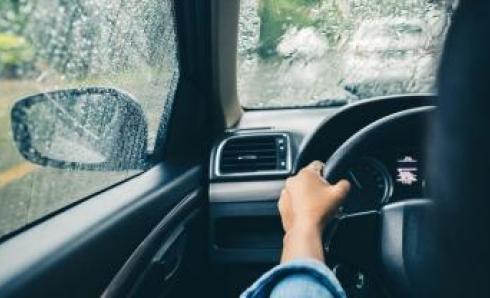Driving in a different country, particularly where the car is on the opposite side of the road, can send nerve levels through the roof. Gripping a steering wheel until your knuckles turn white and grinding your teeth while you frantically scan the road for danger is no way to spend your hard-earned holiday time, so how about we try to take some of the drama out of the whole experience?
The nightmarish scenarios we create in our heads are almost always worse than reality, and that’s usually the case for driving abroad. Here are some essential tips to help calm the nerves of those needing to drive on foreign roads in the near future.
1. Take it slow
While you might feel comfortable driving fast on the winding N22 between Killarney and Cork, foreign roads are very different - especially if your driving experience on the right-hand side is limited.
The best piece of advice we can start with is to keep to a relaxed, steady pace. Leave plenty of time to get from A to B, and don’t rush. In Ireland, over 40% of fatal traffic accidents are down to excessive or inappropriate speed, and that’s with people who know the roads and are driving on their regular side.
The chances of an accident increase significantly if you’re speeding on roads you don’t know while driving on the right. Don’t take the chance. If you feel like you need a break, take one.
It’s also a good idea to plan your journey well and use the best quality sat nav available while always ensuring you have a paper map as a backup. Phone batteries don’t last forever, and satellite coverage can sometimes be inconsistent in remote areas, so something you can have in your hands can be a lifesaver when it all goes wrong.
2. Know the road rules
Foreign countries don’t necessarily have completely different road rules than Ireland, but you need to remember that several things are different. Most are obvious, but they’re worth highlighting because driving tends to become automatic in many ways.
Foreign Road Changes
• On motorways and dual carriages, the slow lane is on the right, and you must overtake on the right.
• When approaching a roundabout, you need to give way to the left and travel anti-clockwise.
• Most traffic signs are the same, and even those that aren’t are usually fairly self-explanatory, but it’s probably a good idea to go over them with a comprehensive road sign review.
• There aren’t many countries that use mph, and unless you’re planning a rather odd road trip through Myanmar or Liberia, it’s probably just the U.S., the U.K., or the Caribbean island that you need to worry about. If you drive in these locations, consider the change in speed limit digits.
• Parking rules are often very different in foreign countries, so always do your best to follow the rules, even if there might be language difficulties. The last thing you want is to return to the car and find it’s been towed.
3. Make the appropriate changes
Vehicle alterations required
If you’re hiring a car in a foreign country, it should be ready to go from the moment you pick it up, but if you’re taking your Irish vehicle abroad, there are a few things you need to do before you stay driving on foreign soil..
1. Headlights are designed specifically for the side of the road you will be driving on, so if you’re switching to the right, you need to put some headlamp converters over your lights so they don’t dazzle oncoming vehicles. They are easy to put on and take off, and while they might not seem so important, they are a legal requirement for Irish cars in Europe.
2. You must also affix one of those ‘IRL’ stickers or magnets to the back of the car if going into mainland Europe (but not mainland UK). Again, this might seem relatively trivial, but we hear about drivers being stopped for this all the time. These are widely available online and can be found on every ferry sailing to Europe.
4. Carry the appropriate equipment
While it might be tempting to lump ‘foreign roads’ all into one, different rules and regulations depend on your country. This becomes particularly important regarding what equipment you need in the car, with many countries requiring far more than we are used to in Ireland.
The French have some of the most extensive and require you to travel with a complete breakdown travel kit, including a high-visibility vest, warning triangles, spare bulbs, a first aid kit, and even a breathalyser. Hopefully, you won’t need any of these while travelling through Normandy’s beautiful landscapes, but if you get into an accident or breakdown and don’t have them, you could easily find yourself with a sizable fine.
Not many countries are as strict as the French, but it’s worth doing homework before entering a new country.
5. Make sure you're covered
Accidents can happen whether you’re driving abroad or at home, and you must be covered in the event of an incident occurring. Remember that not all car insurance covers you while driving abroad, so you’ll want to double-check the fine print before you go.
123. i.e., offers car insurance with a comprehensive plan or a basic (third party, fire & theft) plan to suit every need, both of which cover you while driving abroad for up to 30 days. If you’re planning on being away for longer than a month, simply get in touch, and we’ll be happy to walk you through our various options for extended driving trips in Europe.
If you have any other questions about insurance while away, feel free to contact us, and we’ll do our best to put your mind at rest before the big trip.





